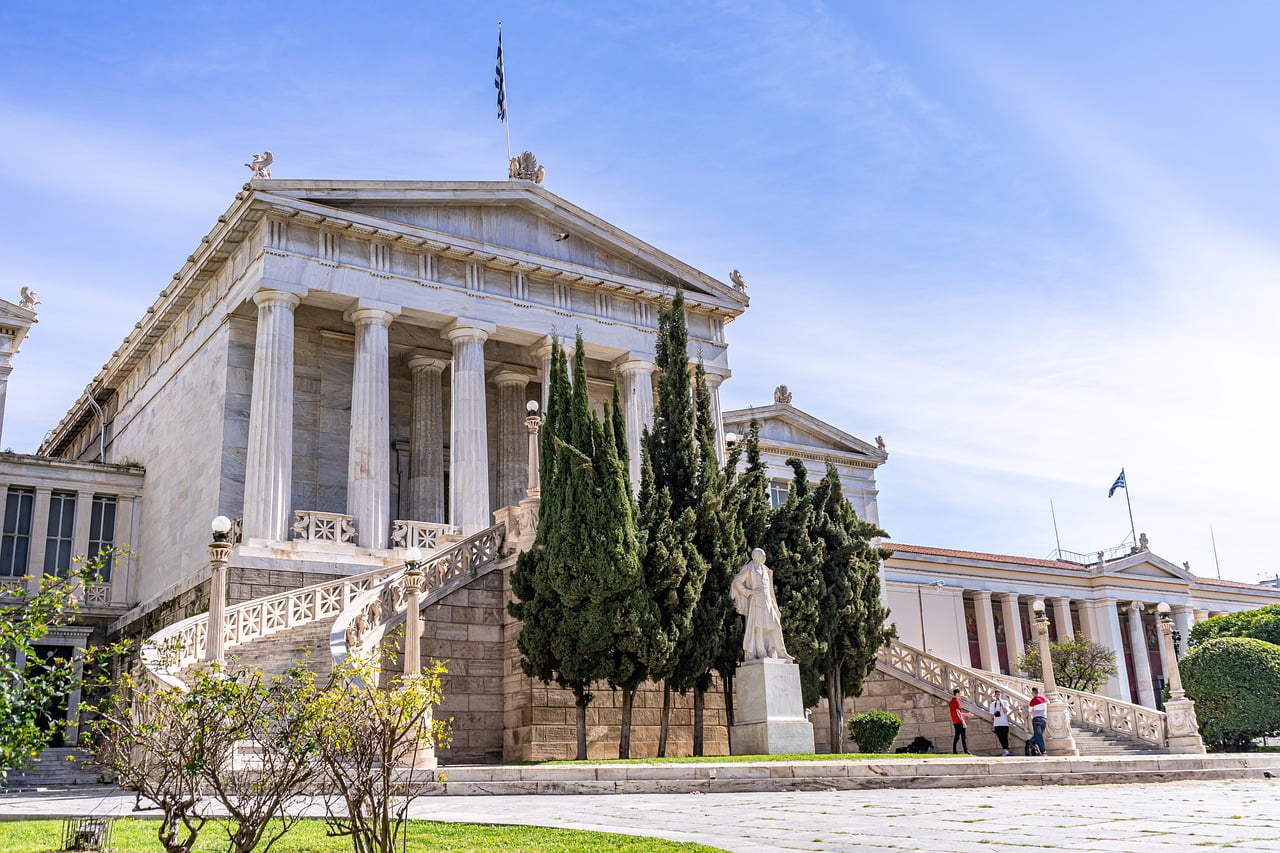University of Iowa Brass Held Personally Liable For Damages; Students Denied Constitutional Rights Again “Sue The Bastards”
Q2 2021 hedge fund letters, conferences and more
University Of Iowa Administrators Can Be Held Liable
WASHINGTON, D,C. (July 19, 2021) - As still another example of how students can fight back effectively, and perhaps receive some monetary compensation, the federal court of appeals for the 8th circuit has just ruled that University of Iowa administrators can be held personally liable for violating the constitutional rights of their students.
In Intervarsity Christian Fellowship/USA et. al v. University of Iowa et. al., employees "reportedly targeted religious student organizations for discriminatory enforcement of its Human Rights Policy," reports public interest law professor John Banzhaf, who has urged and supported student groups, and even individual students, taking legal action against their colleges and universities - and in many cases also against the employees who participated - when the students' legal rights were violated.
Recently, for example, legal threats the professor helped generate against his own university forced it to back down on plans to expel a student who was simply exercising his free speech and academic freedom rights.
This, he says, is only the latest of many examples where students or student groups have been successful, and one more where individual bureaucrats were held personally liable for monetary damages.
This decision is of particular importance, says Banzhaf, because the appeals court overruled a lower court decision to grant the individual defendants qualified immunity from liability.
Qualified Immunity
Qualified immunity is a legal doctrine which grants government officials immunity from civil lawsuits except in cases where their conduct violates “clearly established statutory or constitutional rights of which a reasonable person would have known.”
In this situation, the appeals court found that “We are hard-pressed to find a clearer example of viewpoint discrimination.” In more detail, the court explained:
"What the University did here was clearly unconstitutional. . . . It targeted religious groups for differential treatment under the Human Rights Policy -- while carving out exemptions and ignoring other violative groups with missions they presumably supported. The University and individual defendants turned a blind eye to decades of First Amendment jurisprudence or they proceeded full speed ahead knowing they were violating the law. Either way, qualified immunity provides no safe haven.”
Holding individuals - and not just a college or university - personally liable for wrongs the institution commits is important, explains Banzhaf, because of the added deterrent effect.
While a bureaucrat may be willing to take risks with questionable if not illegal conduct if he believes that only the university - with its deep pockets - will be liable, he is less likely to take those same risks if he can be sued and held liable in his individual capacity.
Even if the university does eventually compensate such an employee, the threat and burdens of being a named defendant in a federal court action, and the possible problems arising from an individual court judgment against him - e.g., to his credit rating, ability to purchase a house, etc. - is likely to have a much greater deterrent effect.
In situation such as this, where the university and its bureaucrats ignored an earlier ruling, student may have little recourse but to "Sue the Bastards," argues Banzhaf, since that's the only way to even the odds and give students a fighting chance, he says.













